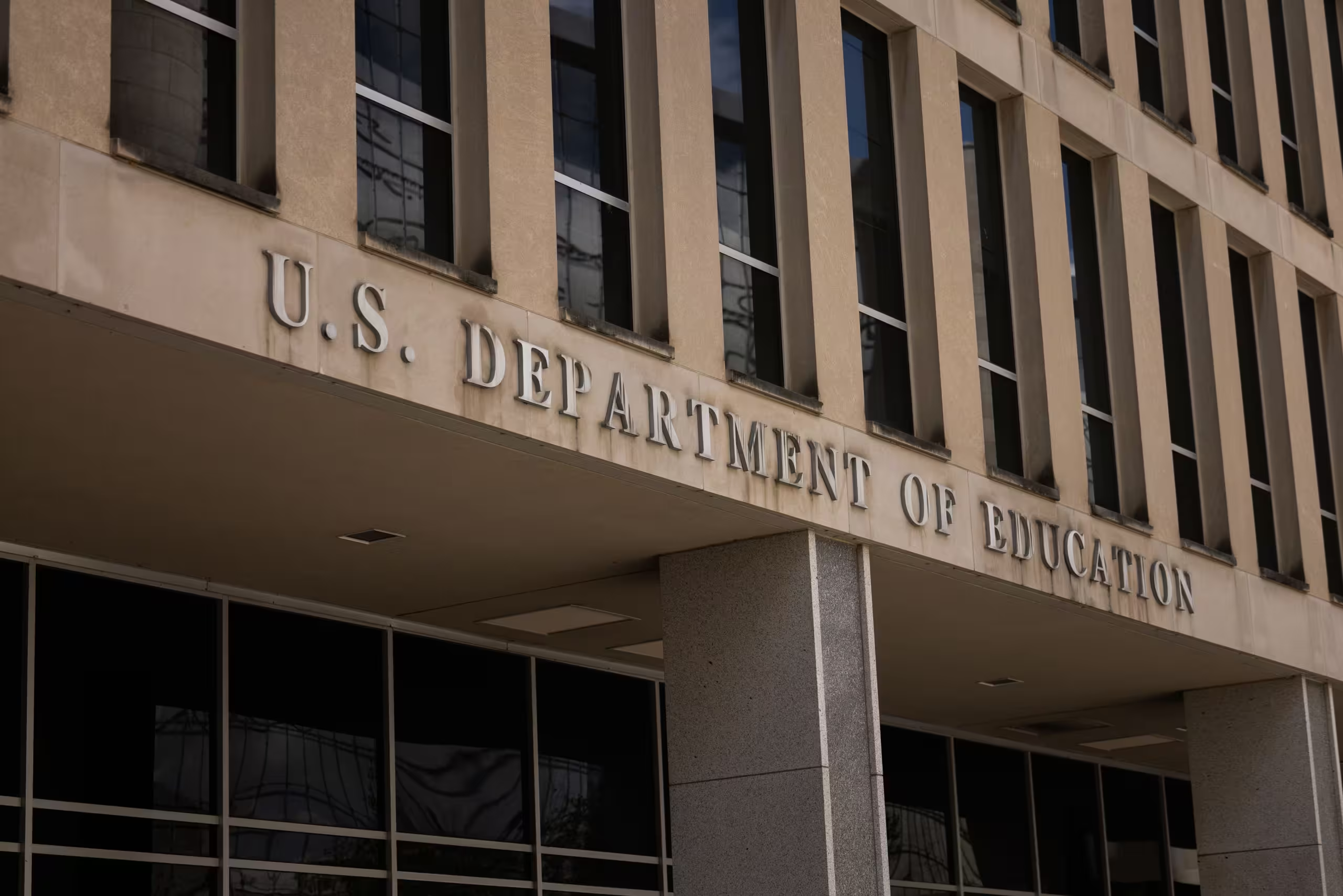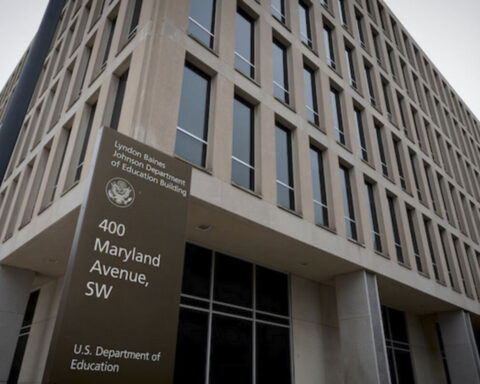By Phenix S. Halley
President-elect Donald Trump has outlined plans for his second term in scary detail: using military force to execute mass deportations, clearing out DEI (diversity, equity, and inclusion) policies, and, shockingly, even eliminating the Department of Education (DOE).
In preparation for four more MAGA years, Trump announced Linda McMahon, the former wrestling executive, will head the DOE he vows to abolish, yes. With Americans everywhere still reeling from the Nov. 5 results, it’s time we truly understand what’s at stake if the 44-year-old DOE is abolished — especially for Black students.
Billions of Dollars Won’t Be Federally Regulated
It’s important to remember the DOE does not develop school curricula, set requirements for enrollment or graduation or accredit schools or universities. But it does handle the billions of dollars that fund education nation-wide.
Trump’s plan to “send all education work and needs back to the states” means every state will create there own budget and resources for education including college. This means states like Louisiana— which has the second largest Black population in the country but also ranks 49th of all states in public school rankings according to the World Population Review— will now have complete control over how and where this money is distributed.
Since fall 2010, Black student enrollment has decreased by 23 percent, according to the Postsecondary National Policy Institute. And who’s to say when education funds run dry, that percentage won’t increase?
Protections For Race, Gender, and Disability Would Be At Risk
The DOE was created in major part to provide equal access to education to all American students regardless of race, gender, or socio-economic status. With no federal body to protect these identities, students of diverse backgrounds will be subjected to discrimination simply based on their identities with no protection from the federal government.
Of course the agency has its flaws, but it is this department that holds schools accountable for enforcing non-discrimination laws like Title IX based on gender, the Rehabilitation Act of 1973 and Americans with Disabilities Act based on disability and Title VI based on race.
Black people are more likely to report a disability than any other race in the nation, according to the National Disability Institute. So for Black students with learning and/or physical disabilities, the DOE would no longer be able to protect them under Trump.
Financial Aid For College Would Be Gone
Before the pandemic, 80.6 percent of Black students received some type of financial aid from the government, according to the Journal of Blacks in Higher Education. And with Black Americans carrying the highest amounts of student loan debt, it’s clear Black folks rely on the DOE for assistance.
“You look at those college-access programs and the populations they serve, and you do have to worry about the types of support that will be available to students,” Jon Fansmith, senior vice president for government relations at the American Council on Education, told Inside Higher Ed. “There’s very little on the table that I’m not worried about.”
The department backs Federal Student Aid, which awards more than $120 billion a year in grants, work-study funds, and low-interest loans to 13 million students, according to ABC News. If the DOE is gone, this means the financial help is too.
Can Trump Really Do It?!
The quick answer is yes, but before Trump does away with the DOE, he has to jump though some hoops first. It’ll take time and effort to get rid of the department, but in theory, it can be done inside four years. Both the Senate and House of Representatives are under Republican control, making Trump’s task an easier one to complete.





